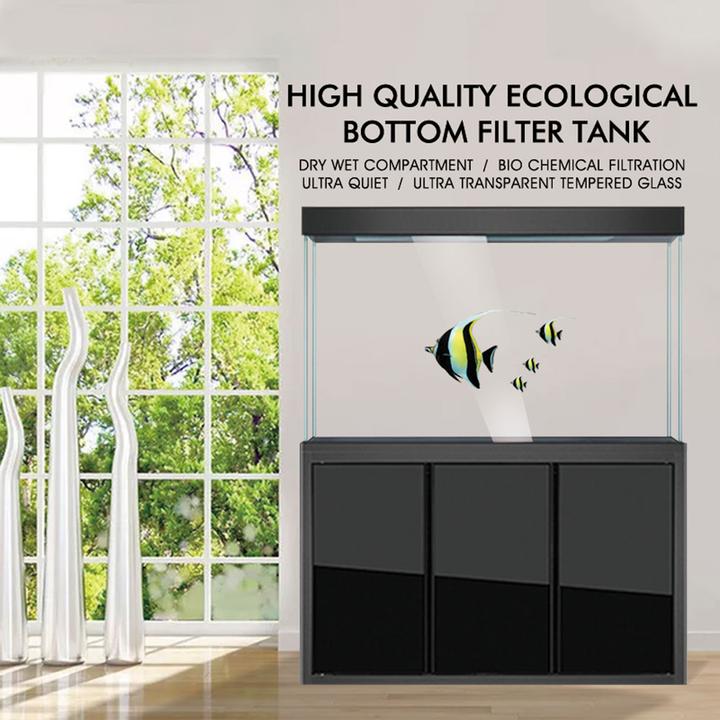
René: I think it was pretty surreal because, I mean, not to categorize it, but most people would like to see themselves on MTV or other big channels. Søren: Yeah, but it was good for publicity When it started to play on MTV, what was that like for you guys? Did you feel any pressure? I can’t believe that litigation lasted five years.
#Aqua dream aquarium tv#
Lene: And we had to watch what we were saying in interviews and TV shows. And then we had to explain everything, every single line. Søren: It was hard coming to America to explain the irony. Because in Scandinavia (you probably have it as well), we work so much in irony and have an ironic distance from so much we do in life. Lene: We didn’t add that much thought to it, so the reaction from the world (and especially America) was quite shocking to us. We knew that the lyrics were a little bit daring, especially for “Barbie Girl.” But we knew that we had hits, but there’s a thin line between being huge in Denmark, Norway, and Sweden and the rest of the world. So I don’t think we could imagine going up as far, and that would be such a popular song and album. Søren: Denmark is such a small country, and we hadn’t experienced any successes before. It was probably a little bit naive when you think about it, but that’s how it turned out. We had no boundaries for what we could do at that time.

But I don’t think we had that in the back of our mind that it couldn’t be. René: The context should always be fun, humoristic, and well-written. Was that intentionally done throughout the whole album or just with “Barbie Girl?” It’s the perfect Trojan horse, you’re embedding these messages, but everyone’s distracted by the upbeat music and hyper-color visuals.

Story continues Pop music has always been able to sneak in innuendo, and “Barbie Girl” has such biting social commentary. We figured out that every song has something a little bit naughty in them, or the video has something naughty in them, that we wouldn’t be able to pull that off today at all. Lene Nystrøm: A few weeks ago, we did some TikTok interviews – short little stories – and we spoke about each song on the album. Søren Rasted: When you’re our age, it doesn’t seem like 25 years, but let’s not get down that road. What was it like to revisit the album 25 years later and go through track by track? Did anything surprise you? Were you like, ‘Oh, we were genius for doing that’? First off, congratulations on the 25th anniversary of Aquarium. This interview has been edited and condensed for length.

We caught up with the band during a brief pit-stop in their hometown of Copenhagen, Denmark, where we spoke with Aqua members René Dif, Lene Nystrøm, and Søren Rasted about revisiting their debut album, the lasting power of “Barbie Girl” and what set them apart in the 90s pop landscape and today.
#Aqua dream aquarium movie#
While “Barbie Girl” won’t be making an appearance in the new Barbie movie – it’s a bit too “on the nose” – Aqua is sure to reap the benefits of a renewed interest in everyone’s favorite plastic protagonist. To celebrate, the Danish-Norwegian pop group just released a 25th-anniversary edition of their debut album, Aquarium, this month and continue their touring plans throughout Europe.

Twenty-five years later, with 33 million albums sold, an infamous Mattel lawsuit, over one billion views on the music video, and a robust touring schedule prove that Aqua was onto something when they unleashed the perfect Euro-pop anthem upon the world, and we’re still dancing along to it. Shop the 25th Anniversary edition of Aquarium on vinyl, out now. But what many missed upon first listen were the song’s true satirical intentions and social commentary, proving that a “life in plastic” wasn’t so fantastic after all. With its unmistakable chorus, pitched-up vocals, and irreverent lyrics, Aqua’s “ Barbie Girl” was an unabashed earworm that took the charts by storm in 1997.


 0 kommentar(er)
0 kommentar(er)
